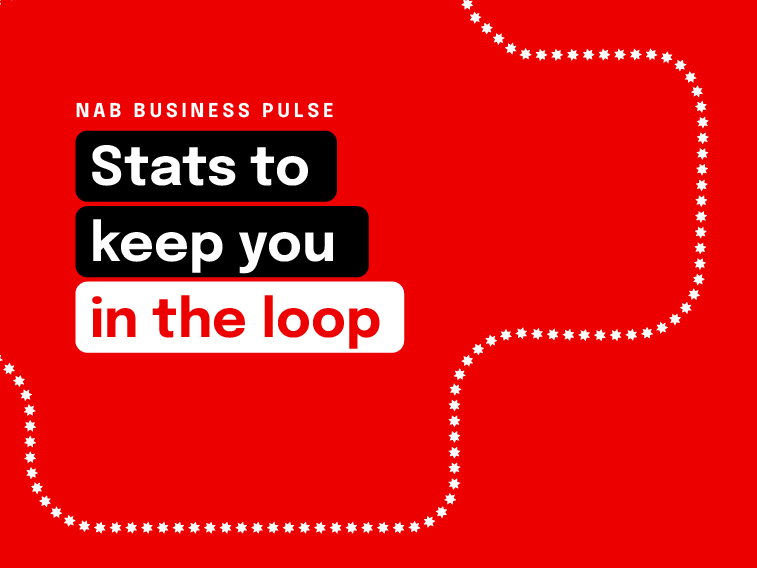Change is a constant in our global environment, but that's all the more reason to keep moving forward on your terms.


Article
The changing workplace - attitudes to jobs, working from home & barriers to returning to the office.
Over 1 in 4 workers are very enthusiastic about getting back to the workplace. The biggest barrier is commute time as employees embrace flexible working. 2 in 3 want less than 30 mins travel & 1 in 4 workers are considering leaving their current job.
Find all the insights in NAB Behavioural Insights – The Changing Workplace (Q1 2022)
© National Australia Bank Limited. ABN 12 004 044 937 AFSL and Australian Credit Licence 230686.